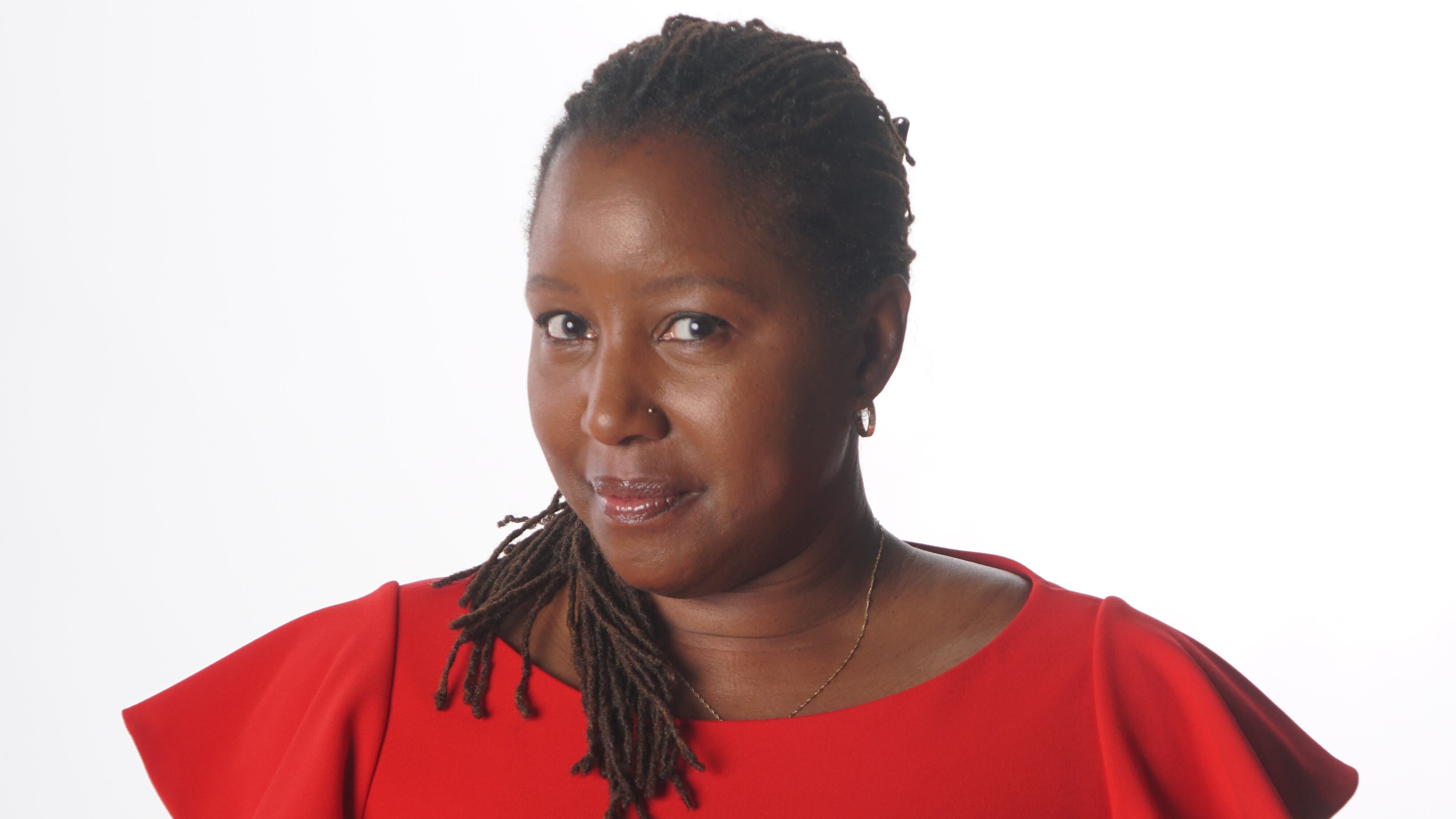Three years into her tenure as the Oregon Shakespeare Festival’s artistic director, Nataki Garrett is accustomed to seismic shifts and ambitious responses.
2022 saw Garrett help bring back live audiences to OSF at above the national average, host a summit for first-in-their-field Black women leaders, testify before Congress for federal relief funding, and strengthen OSF’s digital arm. She also directs a play herself each year: Confederates last fall, Romeo & Juliet in 2023.
But nowhere in Garrett’s ample job description is the expectation to deal with racist backlash. NPR reported this fall that Garrett has endured death threats and must be accompanied by private security in Ashland. This, after she told WW last winter she was fielding letters from patrons identifying themselves as the “Old White Guard,” who accused Garrett of not understanding Shakespeare and staging too much modern and diverse work—a gradual shift that Garrett says predates her OSF tenure by decades.
At the close of a tumultuous year, we spoke with Garrett about her vision for Romeo & Juliet, whether she’ll ever feel at ease in Ashland, and a 2023 season that features Rent, Twelfth Night and more.
WW: You’re directing Romeo & Juliet in 2023 and say you’ve always been drawn to Mercutio. Why?
Nataki Garrett: He’s the artist of the play and uses poetry to give [Romeo and his friends] a broader sense of the world, but also frames the powerlessness of their situation. [He’s] almost like a Beat poet or Amiri Baraka, with a clarity and force: “Do you see, do you see? If you shifted your thinking, you could change the world.”
Is that “powerlessness” why you’re setting your version against a more desperate West Coast backdrop?
My question [reading the play growing up] was always, why are these rich white people so upset? That’s the mind of a child. If I removed the thing that I thought should substantiate their happiness and I place these people in a real desperate situation, [their] decisions become less frivolous—shifting it so that Romeo and Juliet need to be with each other in order to move out of this world. My version is also an indictment of the Prince because that’s what I think Shakespeare was doing.
Does directing R&J take on extra importance when you’ve had patrons baselessly claim you’re scared of Shakespeare?
Not for me. I’m an artist. I can really only do what I’m inspired to do. The inspiration has to come from a deeper insight than what people think.
What was directing Confederates like this fall, as news of death threats against you was breaking?
It was profound because the play was so reflective of my life. Directing Confederates for me was an acknowledgment that there’s a system in place that centralizes a way of being toward Black women who are ambitious enough to move beyond what is expected of us.
How much compartmentalization is required to do your job amid those threats?
I can’t afford to compartmentalize. I woke up one morning, and the paradigm that I lived in shifted. I didn’t do anything. I was doing my work, and somebody reacted to it in a very negative way and continues to. It’s because I have the audacity to envision my theater and the American theater industry as a place where stories and perspectives from all cultures can be told, where the richness of diversity can be mirrored in our audience. I also have the audacity to believe that if we’re successful at making these changes that we can pave the way for sustained success for generations to come.
How sustainable is that audacity when you’ve said you can’t take your daughter out for ice cream in Ashland?
I’m sort of the primary focus of something happening to people across the Rogue Valley. Aidan Ellison was murdered in his car while listening to music. Last year, the only Black gas station attendant I’ve seen anywhere in a 50-mile radius was beaten up by white supremacists and left that job. The Rogue Valley has to make a decision about what it’s going to be.
Does [Ashland] want to make this a place that’s welcoming for everybody? If that’s not what Ashland wants, then I have to make a decision to move…but I’m willing to wait a little while to see if there’s a real response. The most vulnerable in a culture—if you can lift them, if you center their lives, everybody wins. That’s why people are threatening me. They just want themselves to win. I want everybody to win.
What about 2023 particularly excites you?
I’m excited about the relationship [our 2023 plays] have with each other and how our audience is going to feel having their plate filled with so much generous, nurtured spirit that only artists can give us.

